
Shade in the garden might seem like a limitation, but the seasoned gardener knows this is just an opportunity to utilize plants that would wilt in a sunny spot.
As Andrew Bunting says in his article on shrubs for shade, there are plenty of options for bringing interest to your shade garden: “If you take a dim view of the shady spots in your garden, it may be because you haven’t found the right plants to make those areas shine. A few well-chosen shrubs can transform a shadowy area into a showcase, and there are more choices available than you might imagine.”
Find four picks for the Mid-Atlantic below, and find even more shrubs for shade in Andrew’s article, 9 Great Shrubs for Shade.
1. ‘Pee Wee’ Oakleaf Hydrangea

Name: Hydrangea quercifolia ‘Pee Wee’
Zones: 5–9
Size: 4 to 5 feet tall and wide
Conditions: Full sun to partial shade; moist, well-drained soil
Native range: Southeastern United States
Coarse-textured oaklike leaves give this native shrub a sense of presence. ‘Pee Wee’ flowers in June, an otherwise quiet time for native shade plants. Its fall color is rich burgundy to red (pictured), and in winter its spent flower heads remain attractive and draw the eye to its peeling cinnamon-colored bark. This cultivar is smaller than the species, making it easier to use in most gardens. Deadhead the spent flowers in late winter so they don’t detract from the emerging foliage in spring.
2. Spicebush

Name: Lindera benzoin
Zones: 4–9
Size: 6 to 12 feet tall and wide
Conditions: Full sun to partial shade, tolerates full shade; average to moist soil, tolerates dry soil
Native range: Eastern United States
Each year, the soft yellow haze of spicebush in full bloom fills the woodlands, announcing that spring has arrived. This tough native shrub is also wonderful in the garden, providing early spring color and showing itself again in fall with striking yellow leaves and bright, red shiny fruit on female plants. It has many benefits for wildlife, including leaves that are food for spicebush swallowtail caterpillars. Spicebush requires little maintenance and responds well to being cut to the ground and rejuvenated when needed.
3. Yellowroot

Name: Xanthorhiza simplicissima
Zones: 3–9
Size: 2 to 3 feet tall and wide
Conditions: Full sun to partial shade; average to wet soil
Native range: Eastern United States
Yellowroot is an attractive, versatile native shrub that is easy to care for and requires very little pruning. Sprays of small purple flowers appear on branch tips in spring just as the foliage emerges and are best enjoyed up close. The bright green foliage has a celerylike texture, transitioning to golden yellow in fall. Plant this woody shrub where it can spread to form an effective ground cover. With some moisture, it will do well in sunny areas; given shade, it will thrive in dry areas as well.
4. Drooping Leucothoe

Name: Leucothoe fontanesiana
Zones: 5–8
Size: 3 to 5 feet tall and wide
Conditions: Partial to full shade; moist, well-drained soil
Native range: Southeastern United States
Some native plants have a reputation for being somewhat wild and unruly. This is not the case with drooping leucothoe, which brings elegance to any shade garden. This small evergreen has glossy, dark green leaves alternately arranged along arching stems, creating a cascading effect. Small clusters of white, urn-shape flowers hang from drooping clusters in spring. It needs little pruning beyond the removal of deadwood after a harsh winter.
Susan Boss is a horticulturist at Mt. Cuba Center in Hockessin, Delaware.
Fine Gardening Recommended Products
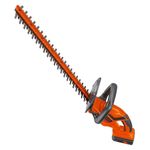
Black and Decker 22-inch Cordless Hedge Trimmer
Fine Gardening receives a commission for items purchased through links on this site, including Amazon Associates and other affiliate advertising programs.
- 38 x 7 x 7 inches
- 6.9 pounds
- 1 Lithium Ion battery required (included)

DeWalt Variable-Speed Cordless Reciprocating Saw
Fine Gardening receives a commission for items purchased through links on this site, including Amazon Associates and other affiliate advertising programs.
- 18.31 x 6.13 x 4 inches
- 1-1/8-inch stroke length
- Variable speed trigger with 0-3000 spm
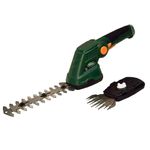
Scotts Cordless Grass-Shear/Shrub-Trimmer Combo
Fine Gardening receives a commission for items purchased through links on this site, including Amazon Associates and other affiliate advertising programs.
- 13.5 x 3 x 5 inches
- Uses a 7.2-Volt 2Ah high-capacity built-in lithium-ion battery; Includes a fast charger


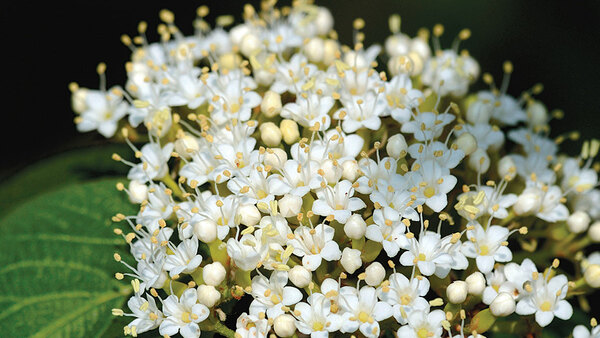
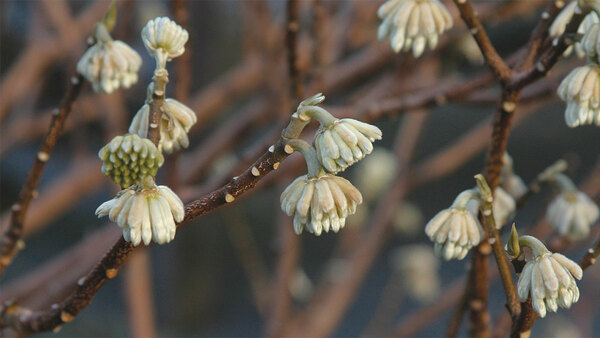
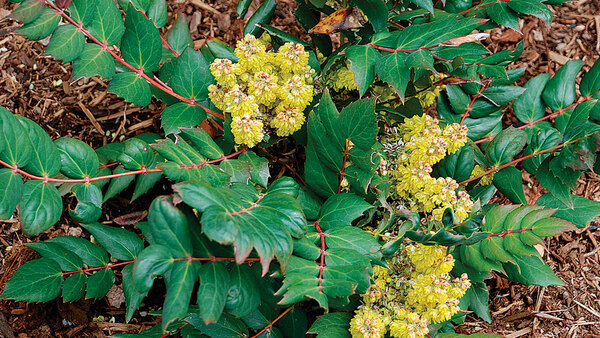

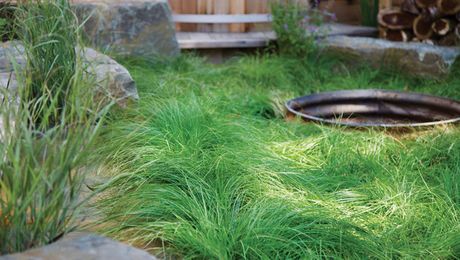












Comments
Log in or create an account to post a comment.
Sign up Log in